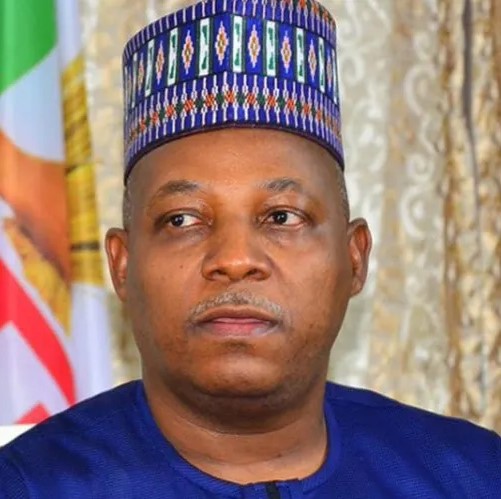
The Federal Government of Nigeria has unveiled a comprehensive financial inclusion strategy designed to propel the nation’s economy to a $1 trillion valuation by the year 2030. Vice President Kashim Shettima, during the official announcement, emphasized that this initiative is central to the administration’s efforts to eradicate poverty and foster sustainable economic growth across all regions of the country.
The unveiling marks a significant milestone in President Bola Tinubu’s Renewed Hope Agenda, as it positions financial and economic inclusion as vital tools for creating widespread prosperity and addressing critical issues like poverty and insecurity.
Aso Accord on Economic and Financial Inclusion
This latest policy builds upon the Aso Accord on Economic and Financial Inclusion, introduced earlier in April 2024. The Accord outlines a multifaceted approach to achieving universal access to financial services for Nigerians. By facilitating greater financial inclusion, the Federal Government aims to empower individuals and businesses to contribute meaningfully to the nation’s economic trajectory.
Vice President Shettima explained that the strategy is anchored in expanding access to capital and implementing targeted legislative and policy interventions to uplift Nigerians, particularly those at the grassroots level.
Progress and Global Confidence
Shettima noted that Nigeria’s economic reforms under President Tinubu have started to yield tangible results, as evidenced by the recent upgrade of the country’s credit outlook to positive by Fitch Ratings. This upgrade reflects growing international confidence in Nigeria’s economic direction, driven by reforms that aim to ease the nation’s debt burden while spurring growth.
“While the recognition by such a reputable institution underscores the progress made, we remain conscious of the immediate challenges posed by these reforms,” Shettima stated. “To address this, we are prioritizing mitigating measures such as the Student Loan Act, which expands educational opportunities, and initiatives led by the Ministry of Agriculture to combat food insecurity.”
Collaborative Governance for Strategic Growth
Acknowledging the importance of inclusive and sustainable growth, the Federal Government has elevated financial and economic inclusion to the agenda of the National Economic Council (NEC). The NEC, which includes governors from all 36 states, the Federal Capital Territory (FCT) minister, and other key stakeholders, serves as a critical platform for policy discussions and strategic planning.
Shettima emphasized that the administration’s holistic approach ensures that all regions benefit from these initiatives, creating a unified vision for economic transformation.
Paving the Path to Prosperity
The Federal Government’s renewed focus on financial inclusion demonstrates its commitment to bridging the economic divide in Nigeria. By empowering citizens with access to financial resources and fostering a conducive environment for business growth, the policy aims to stimulate innovation, generate jobs, and improve overall quality of life.
As Nigeria marches toward its ambitious goal of becoming a $1 trillion economy by 2030, the administration’s focus on reforms, inclusivity, and collaboration positions the nation as a potential leader in economic development within Africa and beyond.


